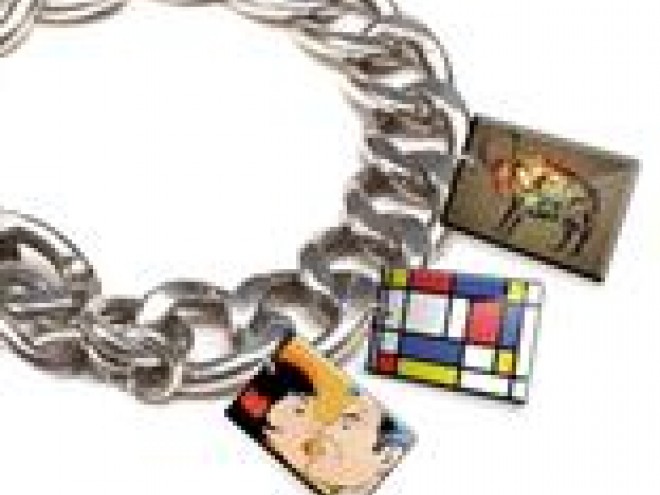Despite what you may have heard, The Finkler Question is not a political novel about opponents of Zionism. The winner of the Man Booker Prize in 2010 is above all a brilliant social comedy that crackles with quotable dialogue on practically every page. Moreover, for all his wit and acuity, Howard Jacobson has achieved something even more enduring: a deeply moral reflection on the implications of identity and the consequences of loving ideas, fame, and other people.
Protagonist Julian Treslove uses the name “Finkler” as his personal euphemism for “Jew”; the “Finkler question” is the Jewish question. Apart from his serial ineptitude with women, Julian has so few distinguishing features of his own that he earns his living as a stand-in for movie stars he resembles. His idea of romantic love comes from operas like La Bohème and La Traviata where the heroine dies in the hero’s arms. He comes to envy the specificity of Jewishness, the references that Jews seem to share among one another, the “confidence, the surety of right.”
Sam Finkler, Julian’s friend from schoolboy days, lives in an imposing house on Hampstead Heath and employs a driver for his big black Mercedes. He has become wealthy and famous as a popularizer of philosophy through books like The Existentialist in the Kitchen and The Little Book of Household Stoicism. His marital infidelities and selfimportant careerism represent other kinds of shallowness. Finkler’s Jewishness also seems superficial at first, combining conventional political opinions with an offhand sense of specialness.
In a romance predicted by a fortune-teller, Julian becomes involved with a Jewish woman — the founder of a Museum of Anglo- Jewish Culture, no less. He teaches himself Yiddish endearments and learns about Jewish food. When he begins to get into the details of Anglo-Jewish Culture — Who Was and Who Was Not, Who Had Changed His Name, Who Had Married In or Out — Julian’s lover realizes it may be beyond him: “you would have to be born and brought up a Jew to see the hand of Jews in everything. That or be born and brought up a Nazi.” He nonetheless becomes ever more passionately, if ineffectually, philo-Semitic in his impulses.
So, eventually, does Finkler. The chance for a new kind of celebrity, coupled with his casual British anti-Zionism, leads him to head a group called “ASHamed Jews” who take every opportunity to protest Israel’s actions toward Palestinians. His involvement, though, is only half-hearted. As much as he enjoys being its leader, he has no enthusiasm for protesting Israel’s actions in Gaza or supporting a boycott against Israel, and (spoiler alert) in the end rediscovers a tribal loyalty that impels him to take the side of the Jews against those who attack them.
A short review cannot do justice to Jacobson’s insights into life, love and loss, Jews and anti-Semitism; nor to his fully imagined ensemble of characters and his profound sympathy for them; nor his wickedly funny sense of humor. The Finkler Question is a landmark work of literary genius.
Bob Goldfarb is President Emeritus of Jewish Creativity International.



